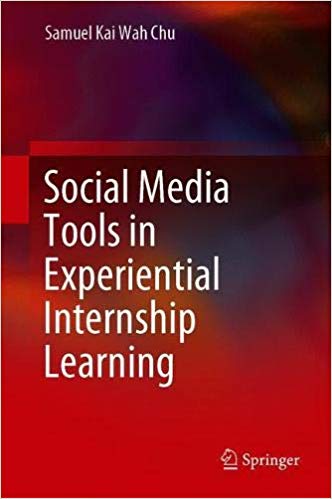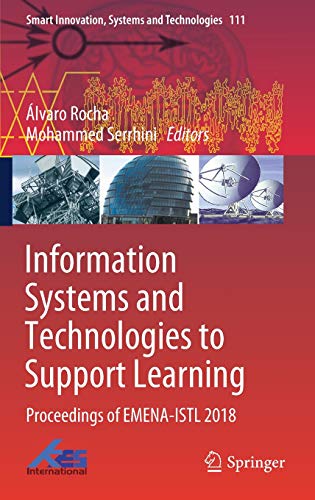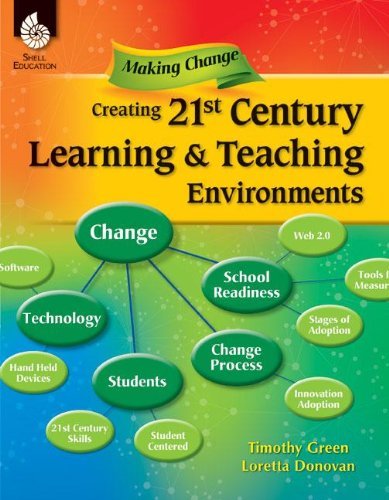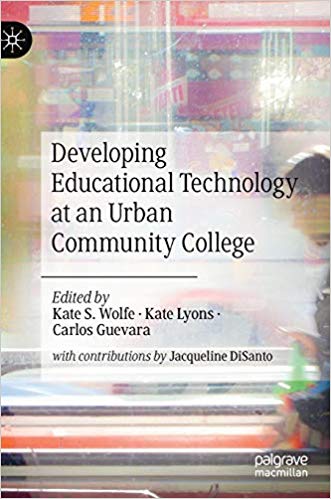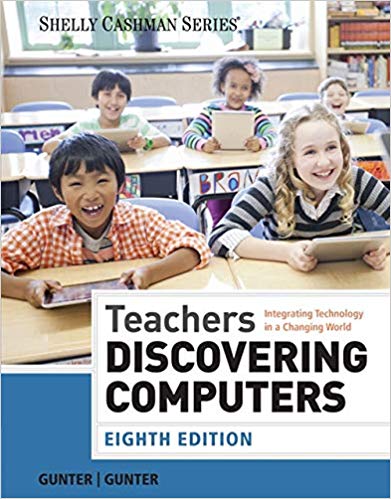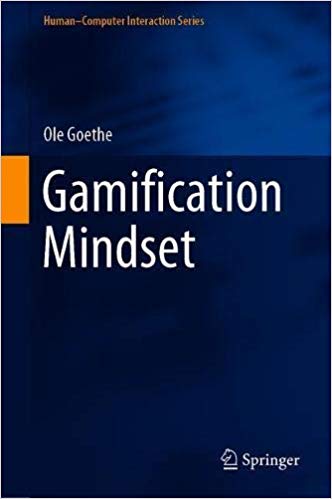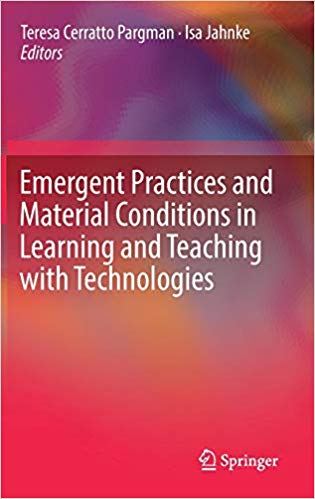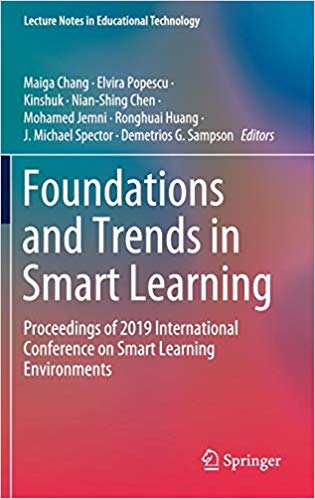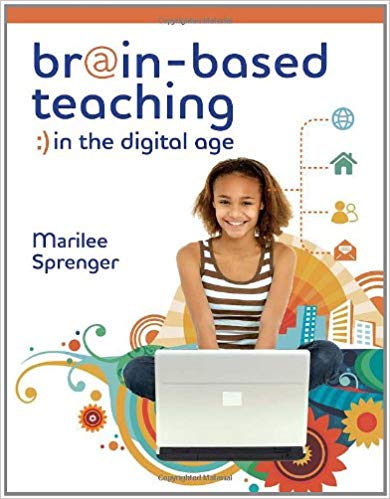Brain-Based Teaching in the Digital Age
English | 177 pages | ASCD (15 Mar. 2010) | 1416609180
Smartphones, videogames, webcasts, wikis, blogs, texting, emoticons. What does the rapidly changing digital landscape mean for classroom teaching? How has technology affected the brain development of students? How does it relate to what we know about learning styles, memory, and multiple intelligences? How can teachers close the digital divide that separates many of them from their students?
In Brain-Based Teaching in the Digital Age, Marilee Sprenger answers these and other questions with research-based information and practical advice gained from her years as a classroom teacher and a consultant on brain-based teaching. As she puts it, “It’s time to meet the ‘digital brain.’ We need to use the technology tools, learn the digital dialogue, and understand and relate better to our students.” At the same time, she emphasizes the importance of educating the whole child by including exercise, music, and art in the classroom and helping students develop their social-emotional intelligence. Creativity, empathy, and the ability to synthesize material are 21st century skills that can’t be ignored in the digital age.
Readers will find easy-to-understand information about the digital brain and how it works, “high-tech” and “low-tech” strategies for everyday teaching and learning, and inspiration for creating classroom environments that will entice and encourage students at all grade levels. With this book as a guide, educators can move confidently across the digital divide to a world of new possibilities–for themselves and their students.
